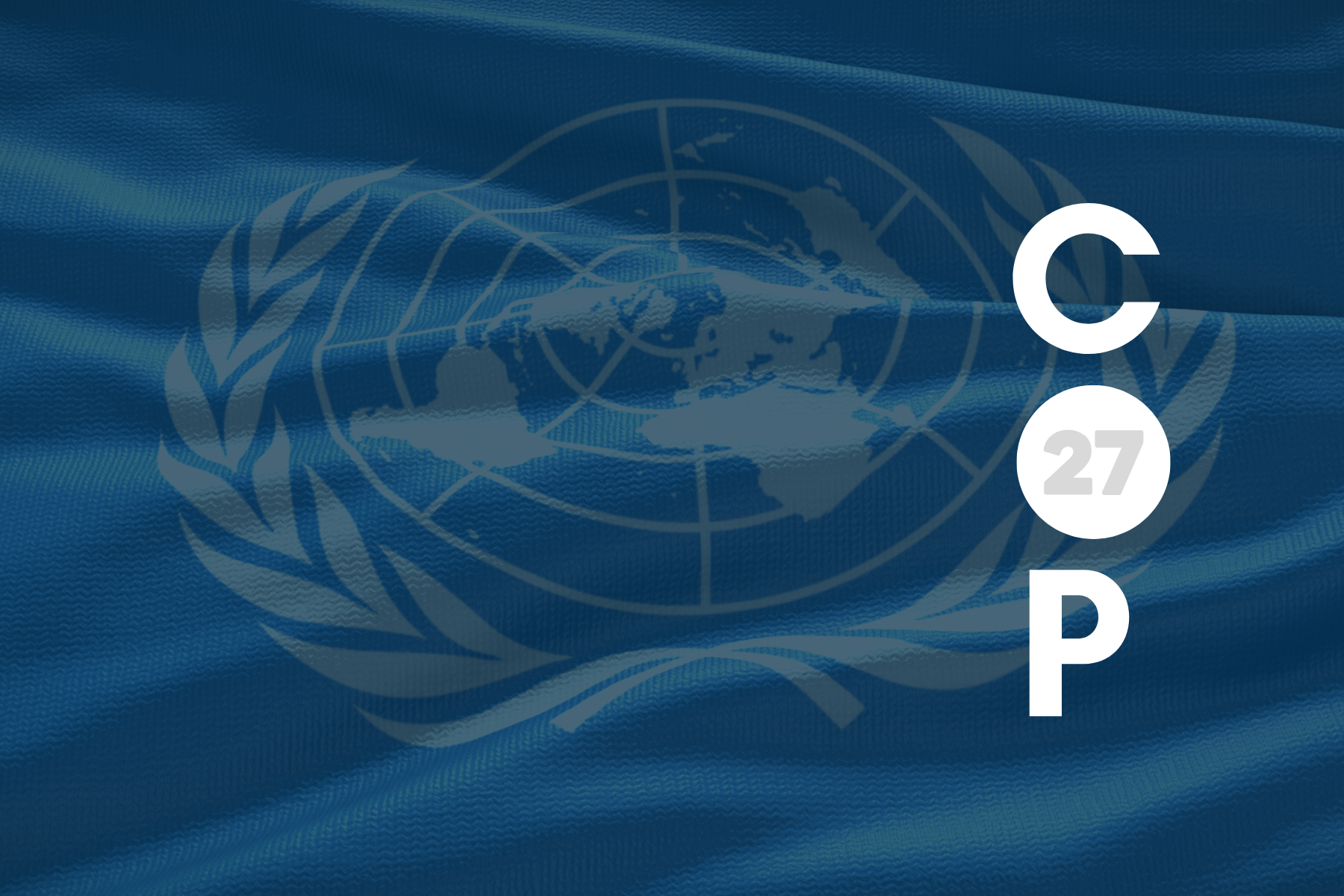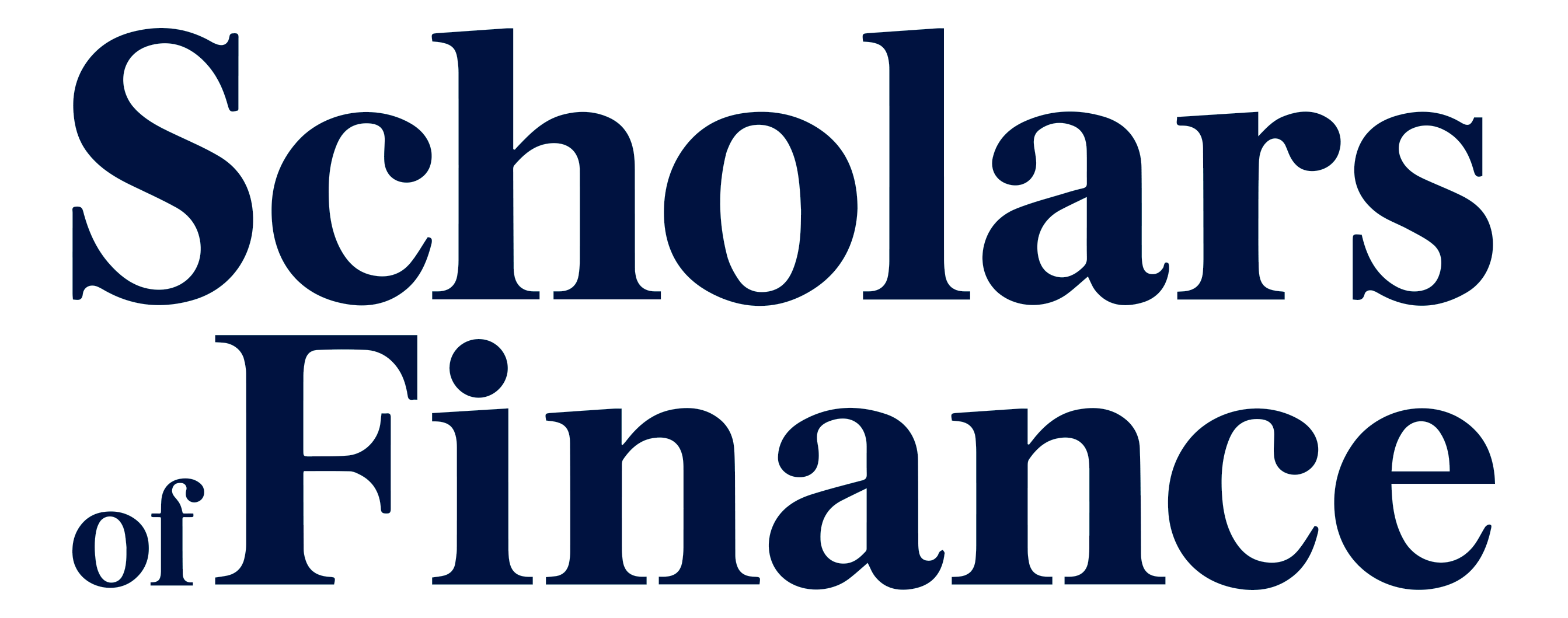
In this edition of the Purposeful Finance Newsletter:
- Summer Internships: Impact Investing, ESG, and Sustainable Finance
- Topic Breakdown: COP27
- World: Tour De Headlines
- Market Updates: Deal Flow
Internships
Atento Capital is looking for a 2023 Summer Intern
Kiva is looking for a Climate Smart Finance Intern and an Impact Intern
Opportunity Finance Network is looking for an Impacting Investing Intern
CIBC (Canadian Imperial Bank of Commerce) is looking for a 2023 Summer Intern – ESG Investment
Thomson Reuters is looking for an ESG/Sustainability Intern for their global Social Impact Institute Team
Greystar Real Estate Partners is looking for a Sustainability Intern
UNICEF is looking for a Finance Intern for their Education Cannot Wait (ECW) Fund
Topic Breakdown: COP27
What is COP27? Is it the same as the UN Climate Change Convention or Conference?
- Yes, they are all the same. COP27 stands for the 27th Conference of the Parties to the United Nations Framework Convention on Climate Change (UNFCCC). The Conference is an annual meeting where countries negotiate global goals for tackling climate change and present their individual countries’ plans and progress for contributing to those goals.
- COP essentially refers to the supreme decision-making body of the Convention (think the Board of a company). COP is represented by all States that are Parties to the Convention, and the COP can adopt legal instruments to implement the climate goals set.
I’ve heard of the Paris Climate Agreement and Kyoto Protocol, are they related?
- The landmark Paris Climate Agreement was actually adopted in COP21. It was the first legally binding global treaty on climate change, committing 196 parties to keep global warming under 1.5 degrees Celsius above pre-industrial levels.
- The other famous Kyoto Protocol was adopted in COP3; it operationalized the UNFCCC by committing industrialized countries to limit greenhouse gas (GHG) emissions in accordance with agreed individual targets.
So what is this year’s theme?
- Follow through! Last year’s meeting (named COP26, in case you couldn’t guess) produced the Glasgow Pact and some ambitious new goals. Now countries will plan out how to accomplish the goals. The major questions are who will pay and how will they pay for climate actions, which is is where finance comes in.
So who will pay? And what is ‘Loss and Damage’ or ‘Climate Reparations’?
- Climate-driven disasters are disproportionately harming low- and middle-income countries that have contributed far fewer of the greenhouse gas emissions that cause climate change.
- The UN has proposed that wealthier countries should pay “loss and damage” funds to compensate developing countries. Developed countries promised at COP21 to provide developing countries with $100 billion (€90 billion) a year for climate mitigation and adaptation by 2020 – a target they are unlikely to reach until 2023 at the earliest.
- Before COP27, only Denmark had formally committed any funds. United States President Joe Biden has pledged 11 billion dollars in international climate aid, which may inspire other countries to join in, making for one of the largest investments in aid flowing from developed to developing markets.
What were the key wins this year other than the US rejoining COP after a 4 year hiatus?
- A breakthrough agreement known as Sharm el-Sheikh Implementation Plan has highlighted that a global transformation to a low-carbon economy will require investments of at least USD 4-6 trillion a year. Delivering such funding will require a swift and comprehensive transformation of the financial system.
- COP27 saw the launch of a new five-year work program at COP27 to promote climate technology solutions in developing countries.
- Countries launched a package of 25 new collaborative actions in five key areas: power, road transport, steel, hydrogen and agriculture.
World: Tour De Headlines
- The Green Climate Fund (GCF) Board concluded its 34th meeting.
- This year, they approved nine new climate projects worth USD 544.1 million in GCF funding and USD 1.7 billion with co-financing.
- GCF’s portfolio now comprises 209 projects worth USD 42.4 billion with co-financing. (GCF)
- World Bank Group Announces International Low-Carbon Hydrogen Partnership, a new global initiative to boost the deployment of low-carbon hydrogen in developing countries. (World Bank)
- The World Bank’s International Finance Corporation (IFC) will consider a $2 billion support fund for Ukraine that will focus on rebuilding the country’s private sector. (Reuters)
United States of America
- California Boosts Electric Car Charging Investment by $1 Billion.(ESGNews)
Europe
- EIB (European Investment Bank) Approves EUR 11 Billion for Climate Action, Clean Energy and Sustainable Transport Investment (ESGNews)
- EIB and Development Bank of Southern Africa Launch €400 Million South Africa Renewable Energy Investment Initiative (ESGNews)
- France, Spain Latest to Pledge Halt to Gasoline-Driven Vehicle Sales (ESGNews)
- Vitol to Acquire Vortex and Deploy $1 Billion to the Development of Renewables in Poland (ESGNews)
Asia
- U.S. Unveils Investments in Indonesia Led by $698 Million Climate-Conscious Compact (ESGNews)
- Australia Proposes to Require Cleaner Gasoline by 2025 (ESGNews)
- Indonesia to Set Up $2 Billion EV Fund with China’s CATL, CMB International (ESGNews)
- India Publishes Long Term Emissions Strategy to Reach Net Zero in 2070 (ESGNews)
Market Updates: Deal Flow
Launches
- Closed Loop launches a new recycling company, Circular Services, with $700M investment, which it says will be the largest privately owned recycling company in North America. Circular Services will be a consolidation of 12 facilities from portfolio companies across seven states. The U.S. recycling industry hasn’t seen a large company focused on residential and commercial recycling, without also owning landfill assets, and Circular Services will be the first to do that. (Wastedive)
- RBC Expands Sustainable Finance Product Suite for Businesses (ESGNews)
- World Bank Group Announces International Low-Carbon Hydrogen Partnership (ESGNews)
- Hunter Point Capital and ADQ agreed to buy a minority stake in social change-focused investment firm Vistria Group (BBG)
Funds Raised
- Carlyle Launches Renewable Energy Development Platform Telis Energy in Europe. with a focus on solar, in the UK, France, Spain, and Germany, with a view to expand to other markets in Europe. (PV-Tech)
- Stripe, the payments giant, announced a $925M fund for advanced market commitments for carbon removals from DAC & other high tech carbon removal and storage companies. That’s way more money than has been spent on carbon removals previously. The entire carbon offset market, of which removals are a small subset, crossed the $1B mark just late last year. (KEEP COOL)
Sustainability VC
- Anode Labs , raised a $4.2M round led by Lerer Hippeau and Lattice. They aim to build The React Network: The First Community-Owned, Web3 Green Energy Grid that offers tokenized incentives for individuals and SMBs to connect their energy storage assets. (BW)
- RoadRunner, a startup providing sustainable waste management solutions, raised a $20M Series D extension led by Fifth Wall. Nearly 40% of global carbon dioxide emissions come from the real estate sector, RoadRunner has been able to seamlessly increase a property’s recycling rates by 10x, and in turn, reduce the associated carbon footprint. (PRN)
Govtech
- Beam, a startup helping citizens access government financial aid, raised a $6.4M Series A led by Potencia Ventures. Beam simplifies program administration and helps deliver funds more efficiently across a wide array of programs, like emergency cash assistance, rental relief and public utility benefits. (TC)
Healthcare VC
- Maven, a pioneering the next generation of care for women and families, raised a $90M Series E at a $1.35B valuation led by General Catalyst. (TC)
- Carlyle is in talks to offer to buy US urgent care group Heritage Care Network at an $8-$10B valuation. (RT)
- “Consolidation in the primary and urgent care sector…is on the rise, as healthcare operators race to provide alternatives of scale to hospital systems and capitalize on the backlog in treatments caused by the COVID-19 pandemic.”
Affordable Housing
- CVS Health Invests $14.3 Million in Affordable Housing in Seattle. An interesting investment that shows us how preventive health and social equity intersect.
- “When people have access to high-quality affordable housing, it allows them to focus on taking care of their mental and physical health,” said Dr. Rafael Gonzalez-Amezcua, chief medical officer of Aetna Better Health of California at Aetna, a CVS Health Company. (ESGNews)
- The California Housing Accelerator program and Community Development Banking at JPMorgan Chase are working together to fund 57 projects to accelerate the construction of affordable housing in California to combat the housing crisis.





Recent Comments